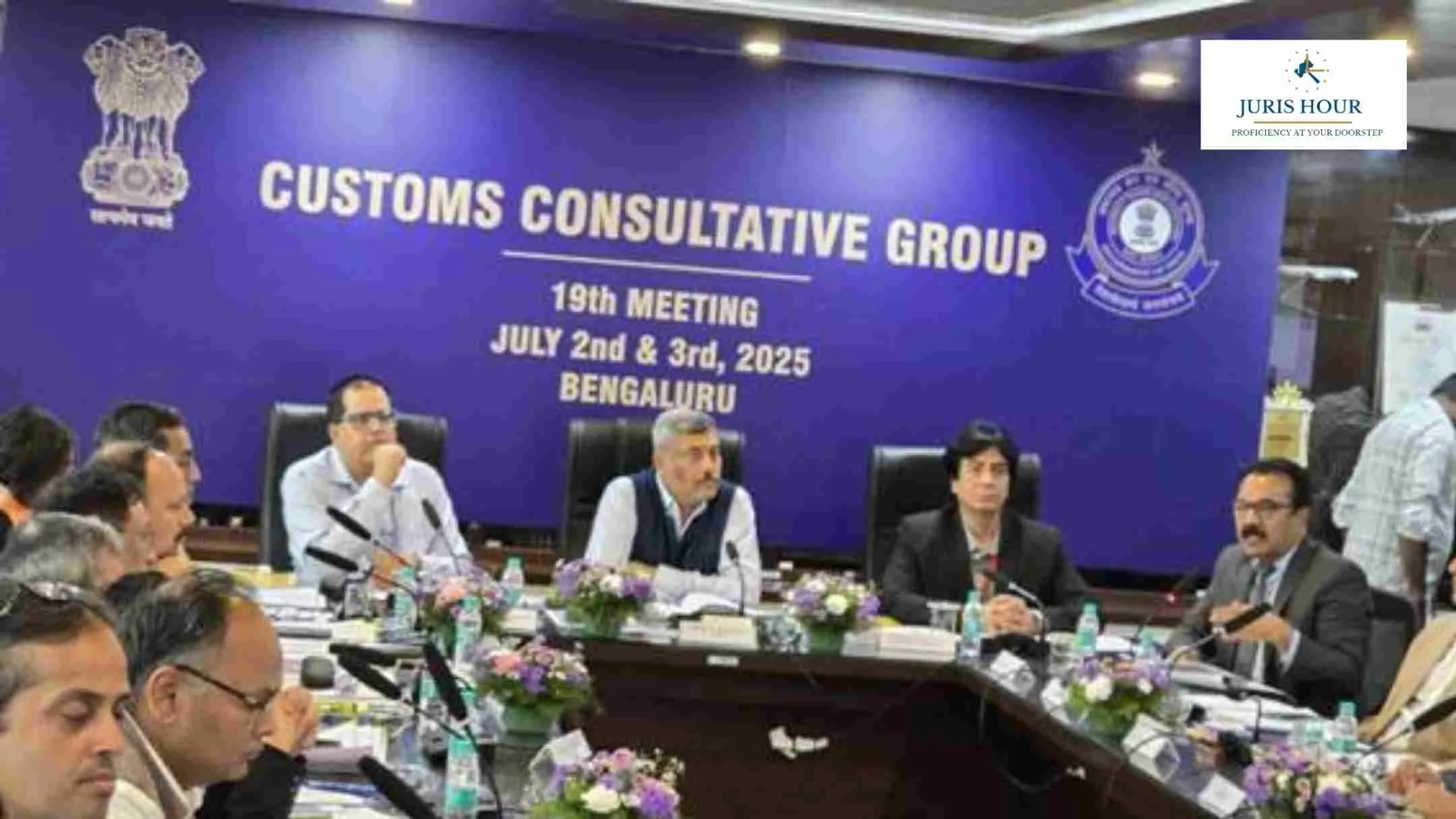The Central Board of Indirect Taxes and Customs (CBIC) reaffirmed its commitment to responsive and inclusive customs governance at the 19th Customs Consultative Group (CCG) meeting held in Bengaluru on July 2-3, 2025.
Chaired by Surjit Bhujabal, Member (Customs), CBIC, the meeting brought together key stakeholders from across industry bodies, logistics sectors, and government departments to deliberate on critical issues related to customs and international trade.
Established in 2011, the CCG serves as the apex platform for structured dialogue between customs authorities and trade stakeholders. This year’s meeting saw expanded representation, with 35 Export Promotion Councils and two air freight associations joining members from major industry chambers such as CII, FICCI, ASSOCHAM, FIEO, MAIT, NASSCOM, PHDCCI, STPI, and logistics service providers including customs brokers, freight forwarders, and port operators.
The two-day event featured participation from senior CBIC officials and representatives of allied agencies including RBI, DGFT, BIS, DPIIT, Department of Posts, Ministry of Shipping, Airport Authority of India, Central Pollution Control Board, Animal Quarantine Department, CDSCO, and FSSAI.
Over 181 agenda points were discussed, covering a wide spectrum of policy, procedural, and operational issues affecting international trade. In his address, Shri Bhujabal underlined the CCG’s pivotal role in driving trade facilitation and fostering a business-friendly environment. He noted that the consultative model had yielded concrete results—highlighting that during the previous meeting in November 2024, 116 out of 136 issues were successfully addressed through actionable policy interventions and digital enhancements on ICEGATE, India’s customs clearance platform.
Key outcomes of the 19th CCG meeting included:
- New policy for discharge of bulk liquid cargo, aimed at optimizing limited port storage resources.
- Standard Operating Procedure (SOP) for duty drawback claims on jewellery sold at international trade fairs.
- Review of the Authorized Economic Operator (AEO) framework to improve benefits for compliant traders.
- Strengthened collaboration with the Department of Posts to bolster small exporter support through initiatives like Dak Ghar Niryat Kendra.
- Full-scale adoption of the e-Bank Guarantee module, enhancing ease of doing business by digitizing compliance requirements.
- Proposal to conduct field-level studies to assess localized trade barriers and formulate targeted facilitation strategies.
The meeting also featured thematic presentations. The Gems & Jewellery Export Promotion Council shared developments in the lab-grown diamond sector. BIS provided an overview of Quality Control Orders (QCOs) and clarified compliance norms. The Department of Posts presented its support mechanisms for MSME exporters, while Jawaharlal Nehru Port Trust (JNPT) gave updates on the planned mega-port at Vadhvan in Maharashtra.
The 19th CCG meeting underscored CBIC’s proactive approach to trade policy and its alignment with the National Trade Facilitation Action Plan (NTFAP), which integrates cross-ministerial efforts to streamline India’s trade architecture.
With its expanded engagement and data-driven policymaking, the CBIC continues to position the CCG as a cornerstone of collaborative, transparent, and facilitation-oriented customs administration.

